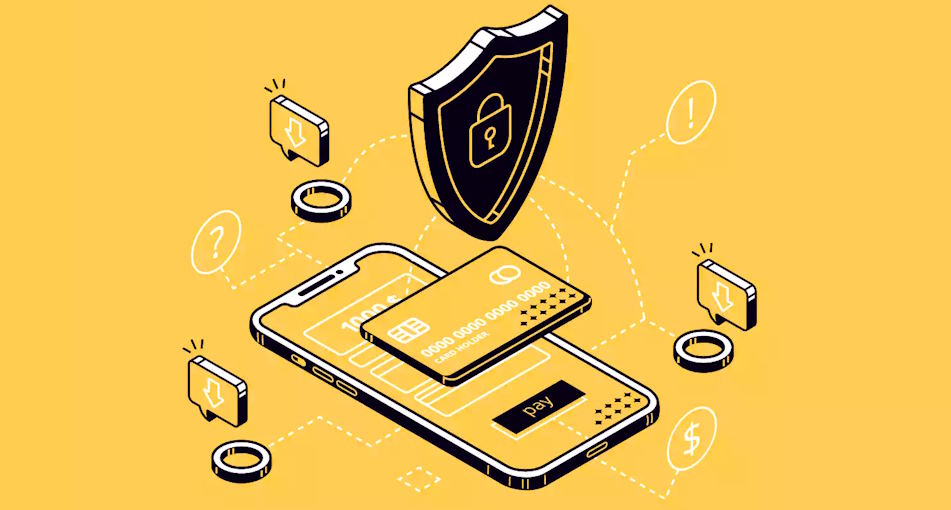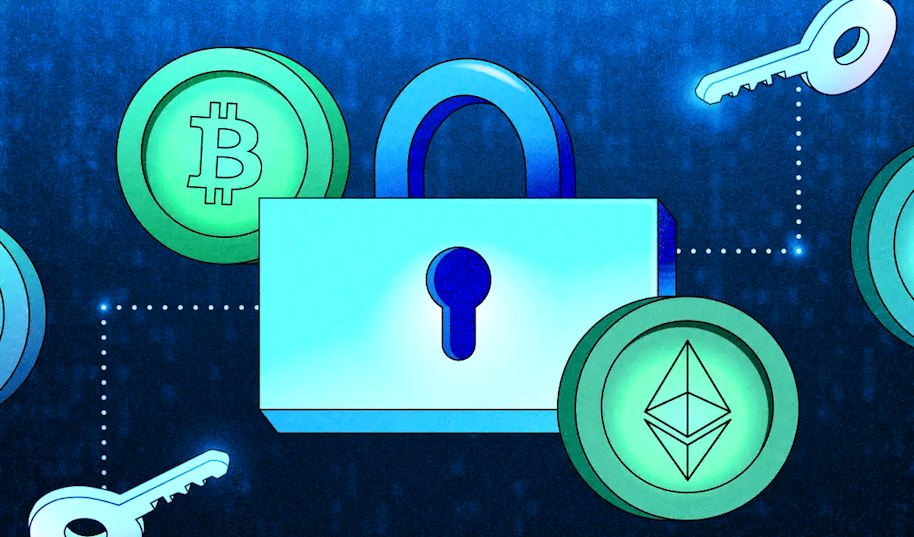The immense potential of cryptocurrencies to revolutionize traditional financial systems is tempered by the urgent need to establish robust security measures. The decentralized and pseudonymous nature of cryptocurrencies makes them an attractive target for cybercriminals. Therefore, understanding how to mitigate the risks associated with mobile wallets is no longer an option—it’s a necessity.
Best Practices for Mobile Wallet Security
In the rapidly evolving landscape of cryptocurrency, the security of your digital assets rests firmly in your hands. Mobile wallets have emerged as a gateway to convenient crypto management, but ensuring their safety requires a proactive approach. Let’s explore a comprehensive set of best practices that can help you fortify the security of your mobile wallet and protect your valuable cryptocurrencies.
Choosing a Secure Mobile Wallet
- Research Reputable Wallets: Prioritize wallets with a proven history of security. Look for user reviews, expert endorsements, and a strong online presence. A well-established reputation can significantly reduce the likelihood of falling victim to subpar security.
- Prefer Robust Encryption and Multi-Factor Authentication: When selecting a mobile wallet, opt for those that offer robust encryption to shield your sensitive data from prying eyes. Additionally, seek wallets that support multi-factor authentication (MFA), requiring an additional verification step beyond a password, adding an extra layer of protection.
Keeping Your Mobile Device Secure
- Regular Updates: Ensure that both your device’s operating system and apps are up-to-date. Regular updates often contain security patches that fix vulnerabilities, making them a crucial defense against potential threats.
- Strong Device Security: Set strong, unique passwords for your device. Consider utilizing biometric authentication methods like fingerprints or facial recognition for an added layer of security. Moreover, activate remote tracking and data wiping capabilities to swiftly respond to loss or theft.
- Remote Tracking and Data Wiping: Enable remote tracking and data wiping capabilities on your device. In case your device falls into the wrong hands, you can remotely locate it and erase sensitive information, preventing unauthorized access to your mobile wallet.
Implementing Strong Wallet Security Measures
- Strong, Unique Passwords: Craft strong passwords that combine uppercase and lowercase letters, numbers, and symbols. Avoid using easily guessable information such as birthdays or common words.
- Backup Recovery Phrases: Store your wallet’s recovery phrases offline in a secure location. These phrases are essential for regaining access to your wallet if you forget your password or face technical issues.
Future Trends in Mobile Wallet Security
As the cryptocurrency landscape matures, so too do the methods for securing your digital assets. The future of mobile wallet security is brimming with innovative technologies and strategies that promise to elevate the protection of your cryptocurrencies to new heights. Let’s delve into the exciting trends that are poised to shape the future of mobile wallet security.
Emerging Technologies: Biometric Authentication and Hardware Integration
- Biometric Authentication: The integration of biometric identifiers like fingerprints, facial recognition, and even iris scans is set to become a mainstream security feature for mobile wallets. Biometric authentication adds an extra layer of convenience and security, as these unique physical attributes are difficult to replicate.
- Hardware Integration: Mobile wallets are likely to leverage hardware security modules (HSMs) and trusted execution environments (TEEs) to safeguard private keys and sensitive data. These dedicated hardware components provide an added shield against both physical and digital attacks.
Challenges and Advancements in Combatting Evolving Cyber Threats
- Sophisticated Attacks: As mobile wallet security improves, cybercriminals will adapt with more advanced tactics. This could involve AI-driven attacks, zero-day exploits, or even attacks targeting vulnerabilities in specific device models.
- Decentralization and Privacy: With the growing emphasis on decentralized finance (DeFi) and privacy-focused cryptocurrencies, mobile wallet security will need to address the unique challenges posed by these ecosystems. Finding a balance between security and user anonymity will be a key consideration.
- Regulatory Compliance: As governments establish clearer regulations around cryptocurrencies, mobile wallets may need to implement measures for identity verification and transaction monitoring, potentially impacting user privacy and security.





